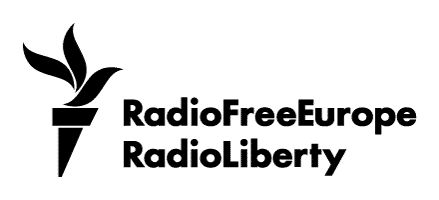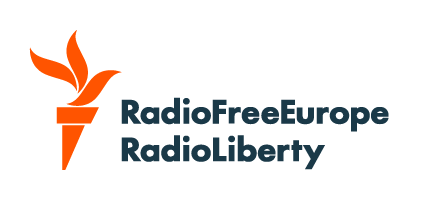NATO's training and support mission in Afghanistan and the challenge posed by Russia’s missile systems are expected to top the agenda of the second day of a summit of the alliance’s defense ministers.
Secretary-General Jens Stoltenberg has said the allies would discuss in Brussels on February 13 their “response to the whole range of Russian missile systems -- conventional and nuclear -- currently deployed or under development.”
The meeting follows the demise of the Cold War-era Intermediate-Range Nuclear Forces (INF) Treaty last year that banned Russia and the United States from deploying land-based, short- and intermediate-range nuclear weapons.
Washington withdrew from the INF Treaty following years of accusations that Moscow had developed and deployed a ground-launched cruise missile -- the 9M729 missile, also known as the SSC-8 -- in violation of the pact’s restrictions.
The move, reciprocated by Moscow, sparked concerns of a new arms race between the world's leading nuclear-armed powers.
The Brussels meeting is set to end with a gathering of all nations contributing to the NATO-led Resolute Support mission in Afghanistan, amid apparent progress toward a deal between the United States and the Taliban to end the more than 18-year conflict in the country.
On February 12, Stoltenberg reiterated that NATO "fully supports the U.S.-led peace efforts, which can pave the way for intra-Afghan talks."
But the Taliban "need to demonstrate that they are both willing and capable to deliver a reduction of violence and contribute to peace in good faith," the secretary-general insisted.
He said the militant fighters have to “understand that they will never win on the battlefield. They have to make real compromises around the negotiating table.”
Earlier, Afghan President Ashraf Ghani tweeted he had been informed by U.S. Secretary of State Mike Pompeo of “notable progress” in talks between U.S. and Taliban negotiators, which have now lasted for more than a year.
The prospective deal would see the U.S. pull thousands of troops from Afghanistan, while the Taliban would provide security guarantees and launch eventual talks with the Western-backed government in Kabul.
There are some 12,500 U.S. troops in Afghanistan, as well as thousands of European forces participating in the NATO-led Resolute Support mission.
Stoltenberg said the NATO allies are ready to continue to “support, train, assist, and advise the Afghan security forces as long as that is wanted and needed to create the conditions for a lasting peace.”
NATO Ministers To Discuss Defenses Against Russia, Future Of Afghanistan
- By RFE/RL





